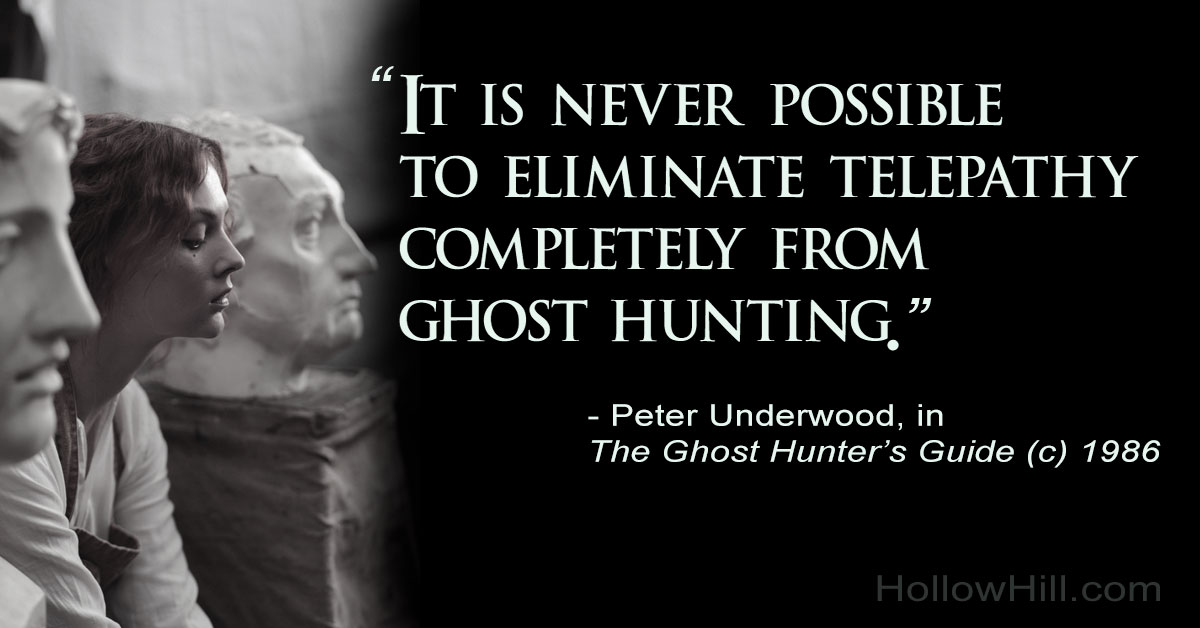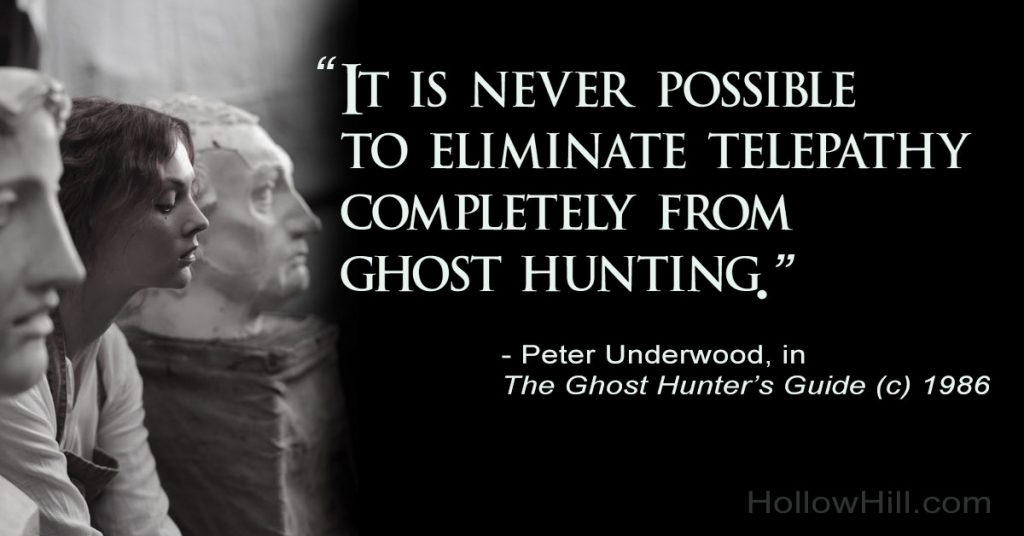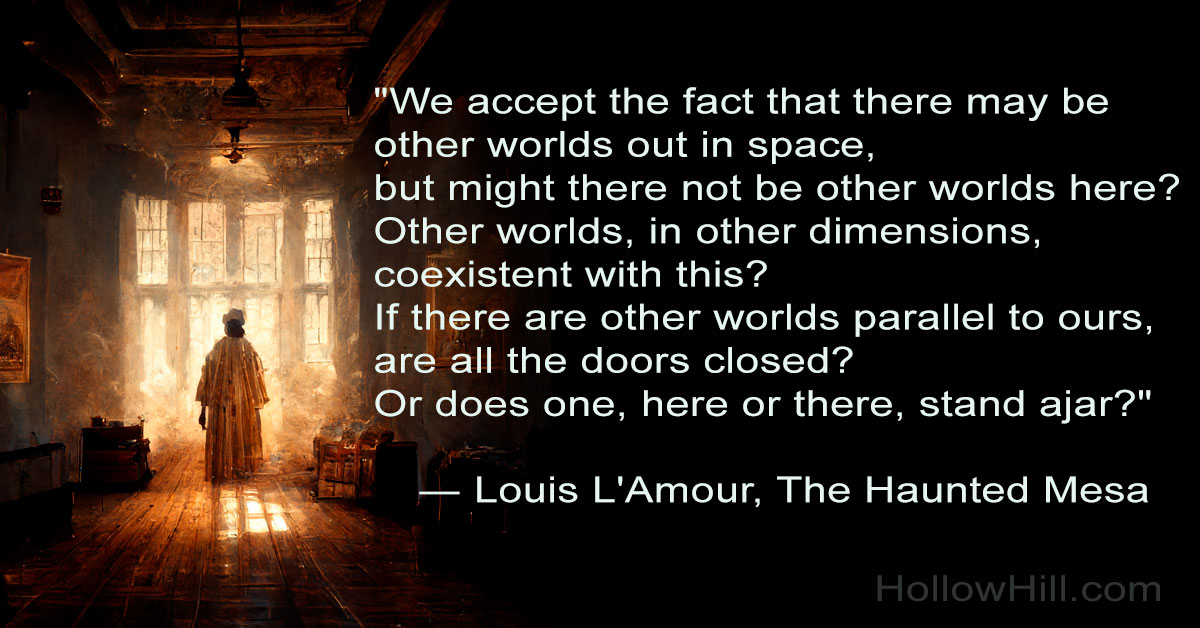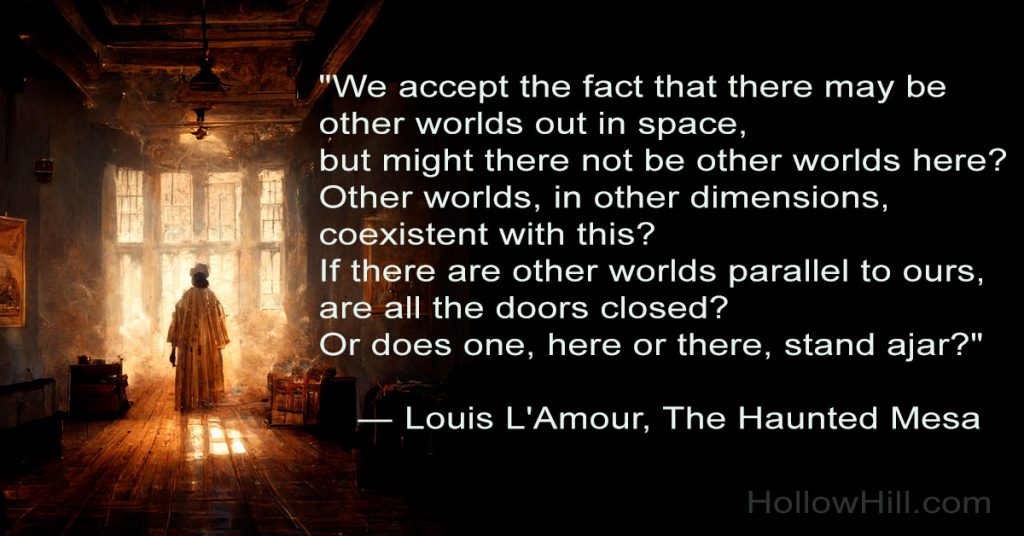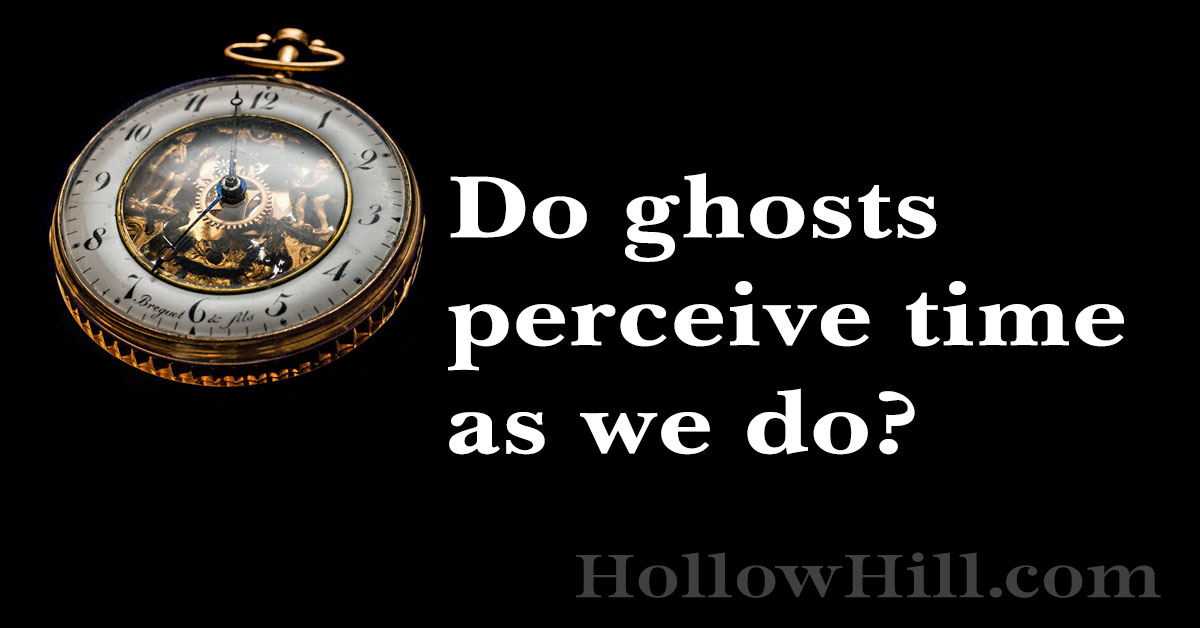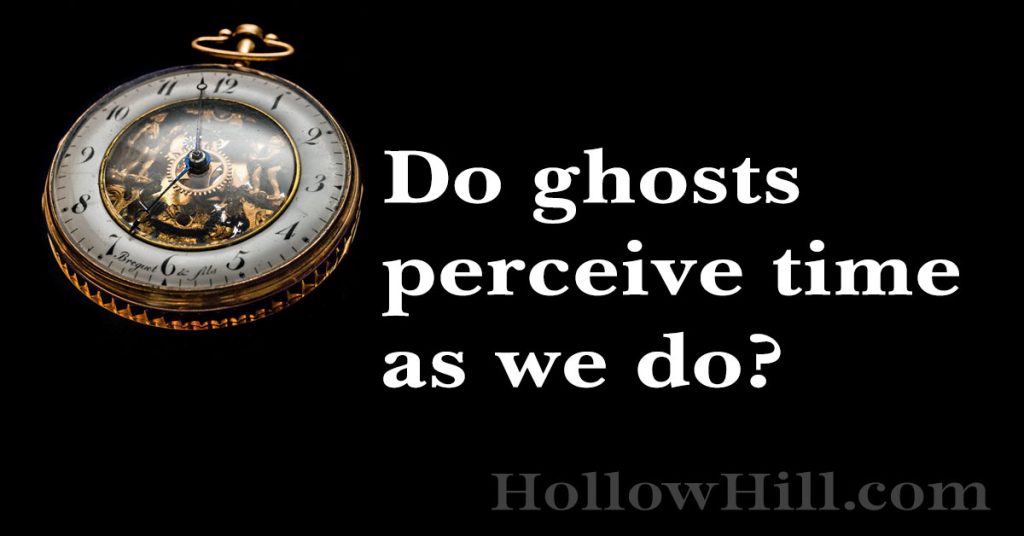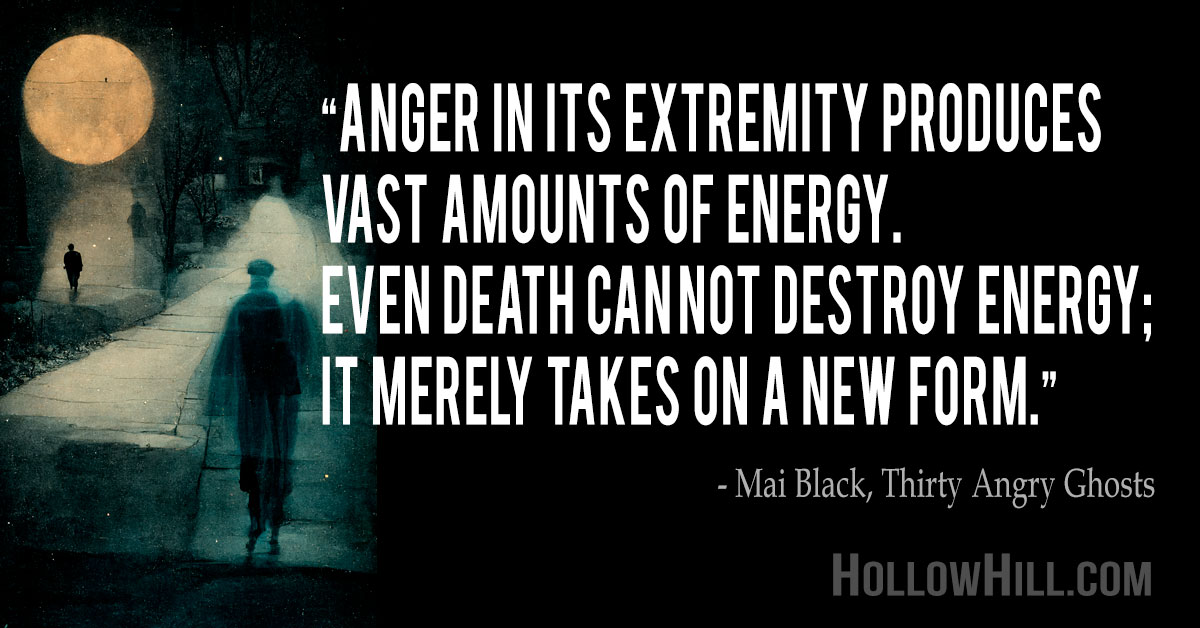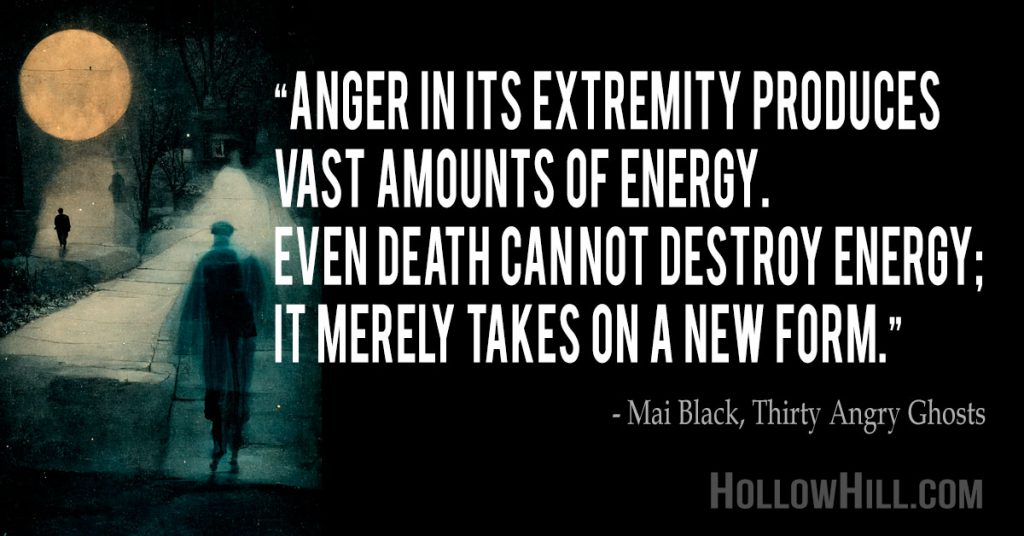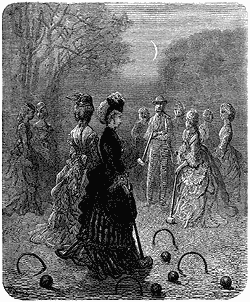 I’m about to say something radical.
I’m about to say something radical.
I believe that some active hauntings aren’t ghosts, but a brush with another time period… a time in which the person is still alive.
Radical? Yes., but it’s not an original theory.
(I’ve written an article, Were the Ghosts of Dickens’ Christmas Carol Real? In it, I describe Shelley’s doppelgangers, and Goethe’s encounter with himself in a future time.)
In a 2008 episode of the Ghost Hunters’ TV show, the TAPS team investigated New Hampshire’s Mt. Washington Hotel.
In crystal clear EVP, the “princess” seemed to be speaking from her own time period.
How does this affect ghost research?
For now, it’s just an interesting theory to consider.
However, it might be important.
When communicating with spirits, it’s vital to keep their contexts in mind.
Let’s say that the ghost can hear you.
To him, you’re a ‘disembodied voice’.
If the ghost is (or believes he is) still alive, he may think that you’re an evil spirit… something that’s a threat to his eternal soul.
If he thinks you’re in his own time period, he may decide you’re an intruder, a thief or some other kind of criminal.
You may seem foolish or rude, if you ask him to perform… tapping once for yes and twice for no, etc.
(In earlier times, some actors — especially women — were considered a bit tawdry. If the ghost thinks you’ve mistaken him for a performer, this could be very insulting.)
Let’s say that the spirit is a woman — alive or dead — and she has always lived in a highly structured, conservative society. Your clothing might shock her, because the style is too revealing to wear in public.
Your language, even when you’re not speaking to her directly, could alarm her or cause her to hide from you, temporarily.
I encountered something like this at an historical society in Massachusetts (USA). One of its ghosts was a minister from early American times. He was highly offended by my trousers (jeans), and the fact that I spoke to him directly. In his time, women didn’t speak to him unless he addressed them, first.
I had to leave the room. Then, he was willing to communicate with others in the room, as long as they addressed him respectfully, and through a designated (male) leader.
In the past, people were formally introduced before beginning a conversation. How many ghost hunters introduce themselves before trying to talk with the ghosts?
For more successful investigations, consider the time and culture that your ghosts lived in. By respecting their social rules, you increase your chances of establishing rapport with the spirits.
A little historical research can improve your ghost hunting results.
 For further reading
For further reading
Did your ghost live during the Regency? For insights, see Instances of Ill Manners to be carefully avoided by youth of both sexes and A Sample of Regency Manners.
George Washington’s Rules of Civility – described as The Rules of Civility & Decent Behaviour In Company and Conversation, was transcribed before that American hero was 16 years old.
Your public library may have books about manners and society from the time when your ghosts lived.
For example, if your ghost is an American who lived during the Victorian era, the Essential Handbook of Victorian Etiquette can be very helpful.

